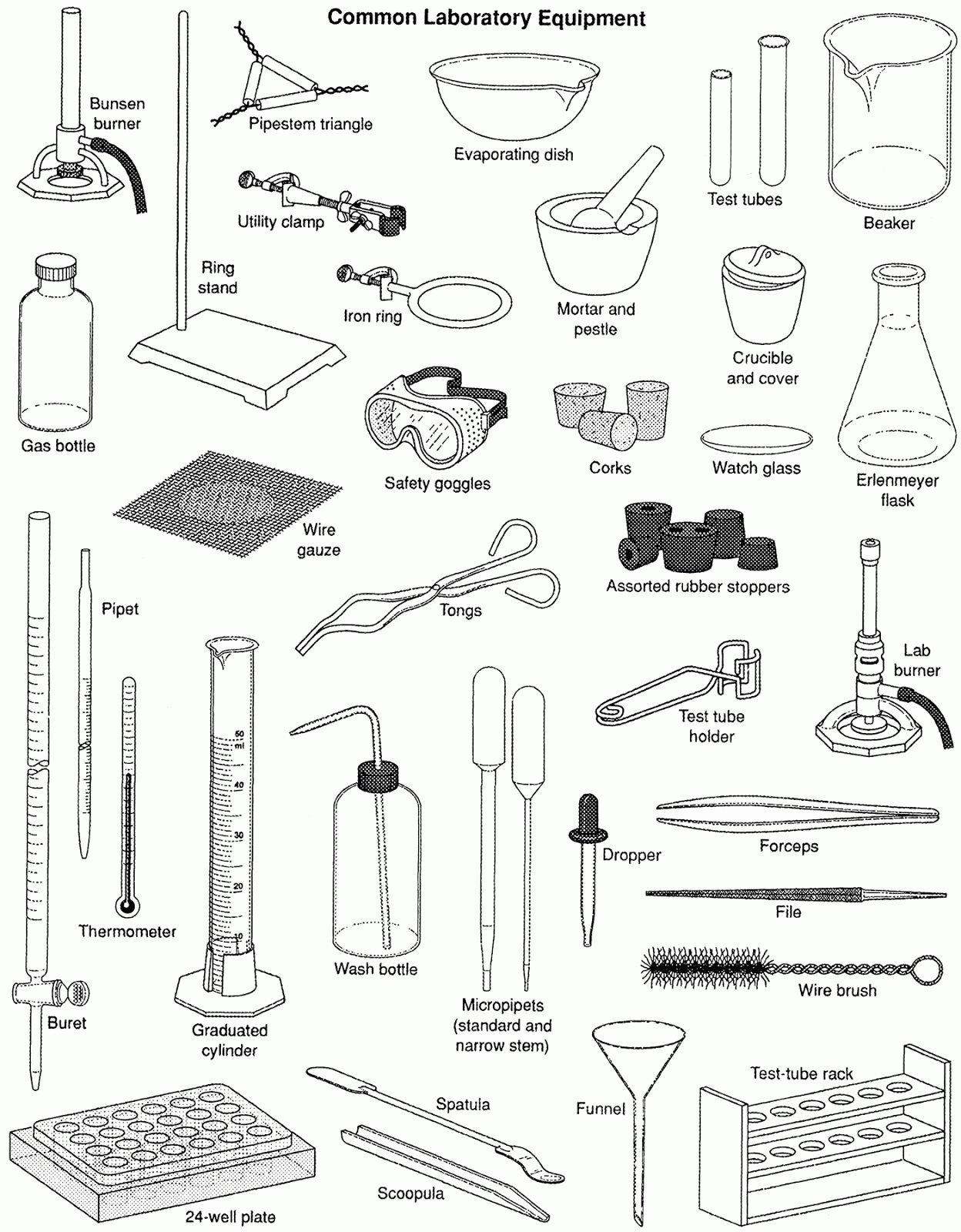Exploring The Essential World Of Lab Equipment
Lab equipment serves as the backbone of scientific research and experimentation, playing a crucial role in a variety of fields, including chemistry, biology, and physics. The right tools and instruments can mean the difference between a successful experiment and a failed one. From simple glassware to advanced electronic devices, understanding lab equipment is essential for anyone involved in scientific work. This article delves into the different types of lab equipment, their uses, and why they are vital in various research settings.
In today's fast-paced scientific environment, the importance of high-quality lab equipment cannot be overstated. Researchers rely on these tools not only to conduct experiments but also to ensure accuracy and safety in their work. Additionally, the evolution of technology has led to the development of innovative lab equipment that enhances the efficiency and effectiveness of research. This article will provide insights into the various types of lab equipment, their applications, and how they contribute to scientific progress.
As we navigate through the world of lab equipment, it is essential to recognize the significance of proper maintenance and handling. Understanding how to care for and utilize these tools can extend their lifespan and improve the quality of research results. Join us as we explore the different categories of lab equipment, their functions, and the best practices for their use and upkeep.
What Types of Lab Equipment Are Commonly Used?
There are numerous types of lab equipment, each tailored to specific tasks and experiments. Here are some common categories:
- Glassware: Beakers, flasks, test tubes, and pipettes
- Measuring Instruments: Balances, thermometers, and spectrophotometers
- Heating Equipment: Bunsen burners, hot plates, and ovens
- Protective Gear: Safety goggles, gloves, and lab coats
How Do You Choose the Right Lab Equipment?
Selecting the appropriate lab equipment is crucial for achieving reliable results. Consider the following factors:
- Purpose: What is the specific experiment or task?
- Material Compatibility: Will the equipment withstand the chemicals or substances used?
- Accuracy: Does the equipment meet the precision requirements of your work?
- Budget: Are you working within a financial constraint?
What Is the Importance of Safety in Using Lab Equipment?
Safety is paramount when working with lab equipment. Proper training and adherence to safety protocols can prevent accidents and injuries. Key safety practices include:
- Wearing appropriate personal protective equipment (PPE)
- Understanding the proper use of each piece of equipment
- Regular inspections and maintenance of lab tools
- Knowing emergency procedures and locations of safety equipment
What Are Some Essential Lab Equipment for Beginners?
For those just starting in the lab, certain tools are fundamental. Here are essential lab equipment pieces for beginners:
- Graduated cylinders for measuring liquids
- Beakers for mixing and holding substances
- Pipettes for transferring small volumes
- Test tubes for conducting reactions
Can Lab Equipment Be Used for Multiple Purposes?
Many lab equipment pieces are versatile and can be used for a variety of tasks. For example:
- Beakers can be used for heating, mixing, and even storing substances.
- Pipettes can transfer liquids or measure precise volumes.
- Hot plates can serve both as heating devices and as surfaces for reactions.
What Are the Latest Innovations in Lab Equipment?
The world of lab equipment is constantly evolving. Recent innovations include:
- Smart laboratory devices that integrate with software for data collection and analysis
- 3D-printed lab tools customized for specific experiments
- Automated systems that streamline repetitive tasks, improving efficiency
How to Maintain Lab Equipment for Longevity?
Proper maintenance of lab equipment ensures longevity and reliability. Here are some maintenance tips:
- Regularly clean and disinfect surfaces and tools.
- Inspect equipment for wear and tear.
- Calibrate measuring devices to ensure accuracy.
- Store equipment properly when not in use.
What Is the Future of Lab Equipment?
The future of lab equipment looks promising, with advancements in technology paving the way for more efficient and effective research tools. Key trends include:
- Increased automation in laboratories
- Integration of artificial intelligence for data analysis
- Development of sustainable and eco-friendly materials for equipment
Understanding and utilizing lab equipment is essential for anyone involved in scientific research. By choosing the right tools, prioritizing safety, and maintaining equipment properly, researchers can enhance their experiments and contribute to the advancement of science.
Exploring The Life And Times Of Hanna Hilton Today
Remembering Ellen Corby: The Heart And Soul Of American Television
The Mystique Of The September 21 Zodiac Sign: Unveiling Libra's Charm


